
- Article
- Article
A brief history of ventilation
As ventilators continue to play an important part in helping very ill coronavirus patients, medical historian Dr Lindsey Fitzharris traces their development from the first attempts at mouth-to-mouth resuscitation through centuries of medical crises.

- Article
- Article
Inhaling happiness and gasping for a high
The rapid, short-lived high we get from whippets, reefers and vapes can be accompanied by long-term health consequences. The search is on for safer ways to get stoned.

- Article
- Article
Deadly doses and the hardest of hard drugs
The invention of the modern hypodermic syringe meant we could get high – or accidentally die – faster than before. Find out how this medical breakthrough was adapted for deadly uses.
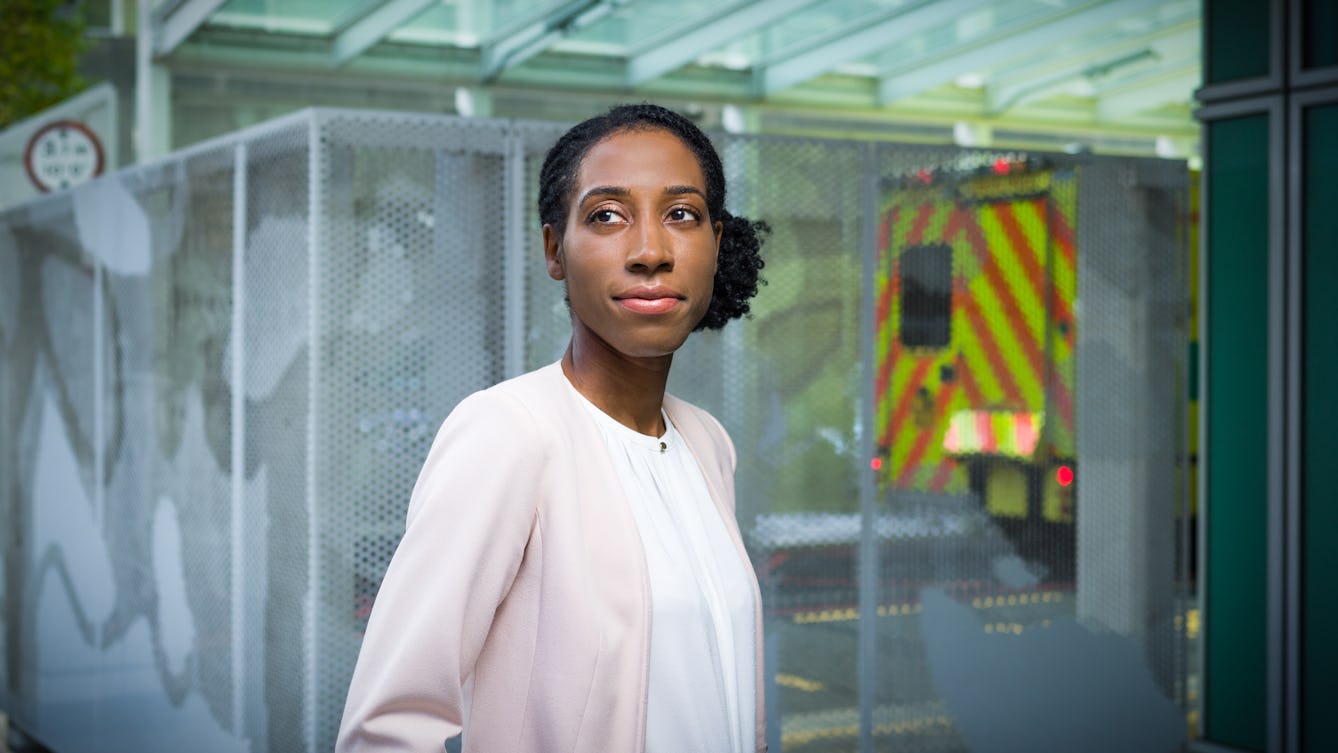
- Article
- Article
Born in the NHS
Despite underfunding, strikes and scandals, the first two decades of the 2000s has seen the British people’s love of and loyalty to the NHS soar.
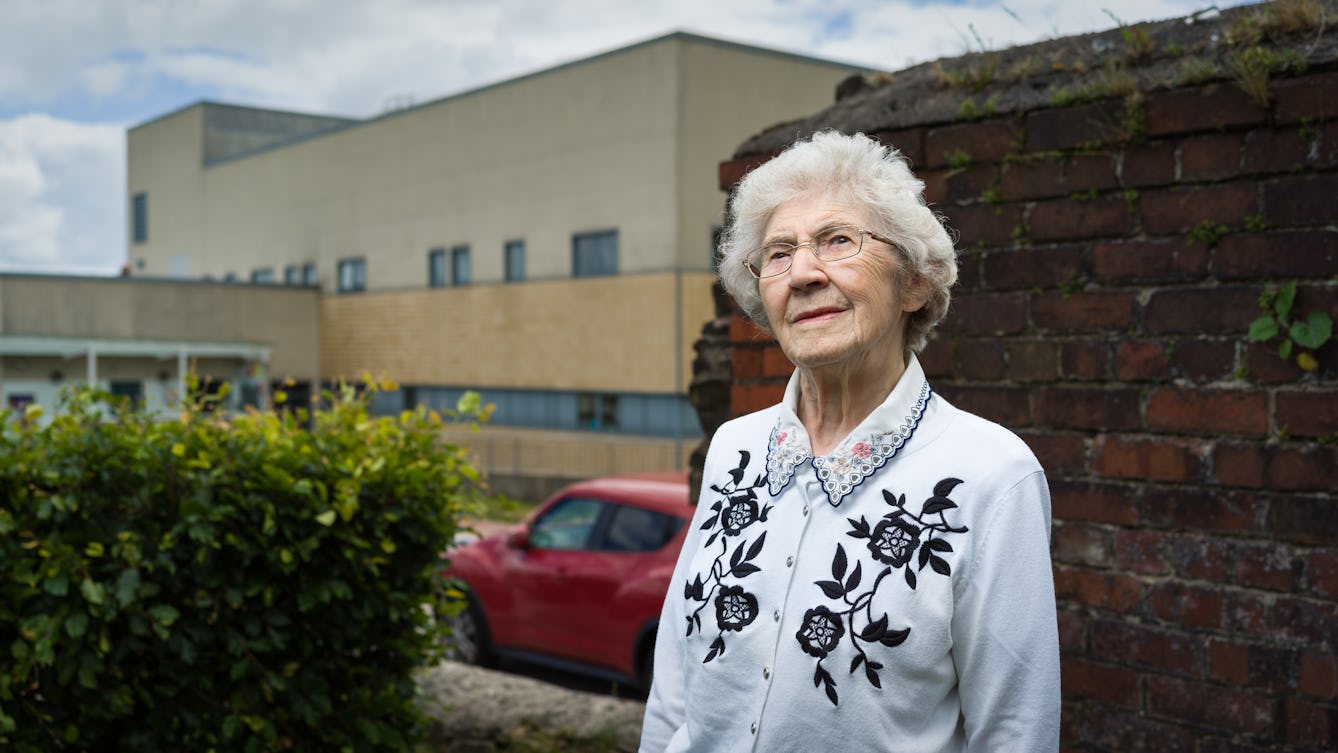
- Article
- Article
The birth of Britain's National Health Service
Starkly unequal access to healthcare gave rise to Nye Bevan’s creation of a truly national health service.
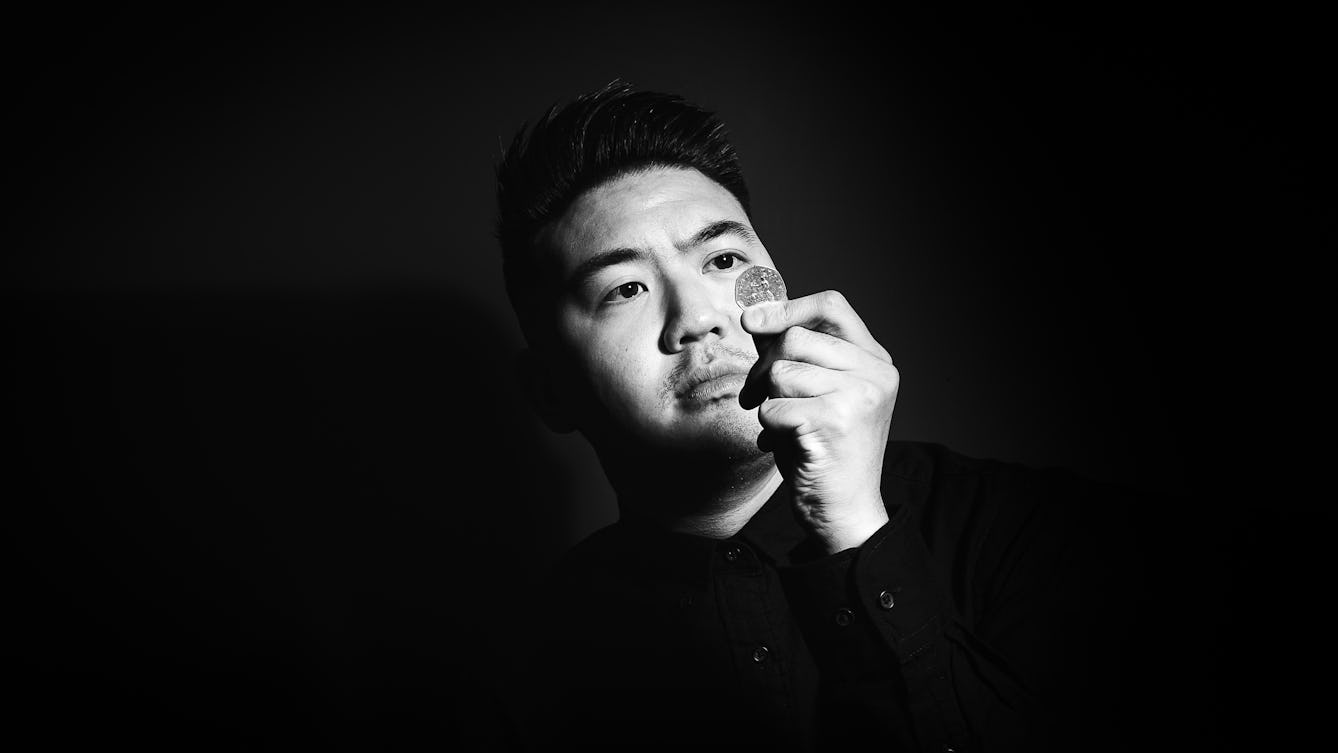
- Article
- Article
Life before assistive technology
When an inherited condition caused Alex Lee’s vision to deteriorate, he began to discover the technologies that would help him navigate the world around him. Here he describes how his life began to change.
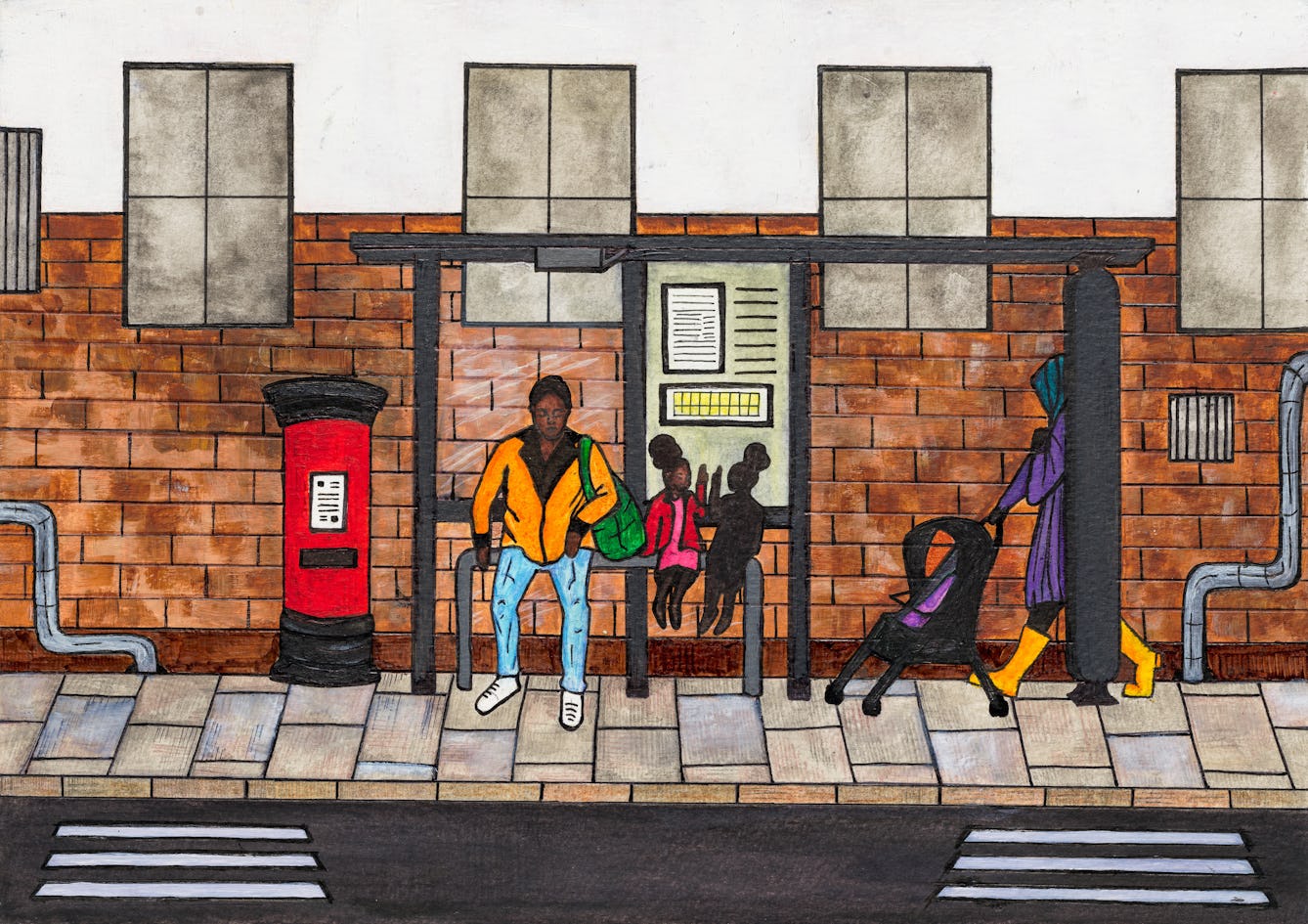
- Article
- Article
We need less ‘sickle cell warriors’ and more allies
Rejecting the epithet “warrior”, Cheryl Telfer describes the pervasive effect sickle cell disease has on her life, and calls for more people to donate blood to help sicklers.

- Article
- Article
The poetic language of health
When his doctors could only offer phone consultations, James Morland turned to poetry to make sense of the medical terms describing his symptoms and test results.

- Photo story
- Photo story
Beautiful bedding and how to die well
When you are unwell, your bed can be both a refuge and a prison. Discover how artist Poppy Nash created a bed-centred artwork inspired by her own chronic illness and depictions of ill health from history.

- Article
- Article
Coronavirus, Crohn’s and me
Clinically vulnerable to COVID-19, Lucia Osborne-Crowley has been shut in her flat for months. With her chronic condition transformed into a life-threatening one, she explores what the pandemic is revealing about living with long-term illness.
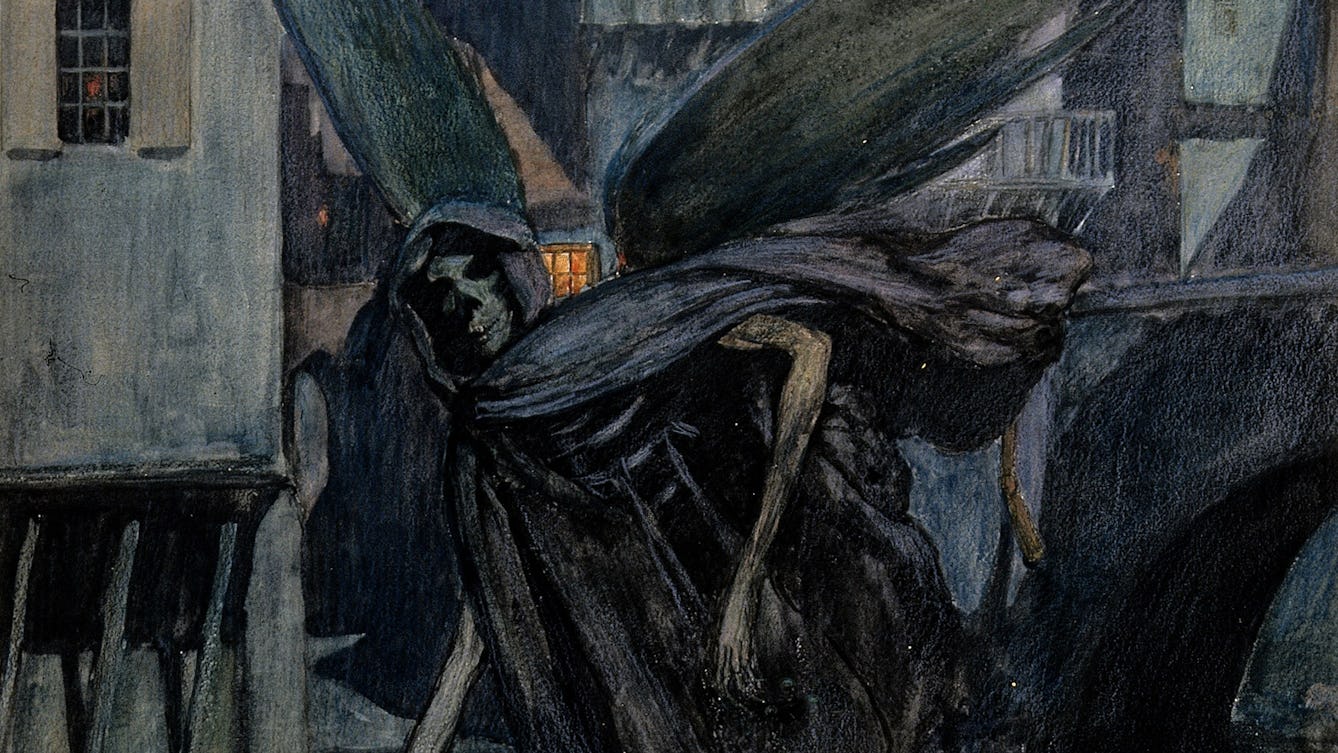
- Article
- Article
The cook who became a pariah
New York, 1907. Mary Mallon spreads infection, unaware that her name will one day become synonymous with typhoid.

- Article
- Article
The epilepsy diagnosis
Epilepsy exists between the mind and body, something that Aparna Nair experienced for herself when she was diagnosed as a teenager.

- Article
- Article
The father of handwashing
Doctors performing autopsies and then delivering babies – with not a hint of soap in between – was the grim recipe producing a lot of motherless offspring in the 1800s. But one man’s gargantuan efforts to upend accepted medical thinking turned the tide.

- Long read
- Long read
Rehab centres and the ‘cure’ for addiction
Guy Stagg takes us on a brief history of rehab centres and their approaches to addiction and recovery.
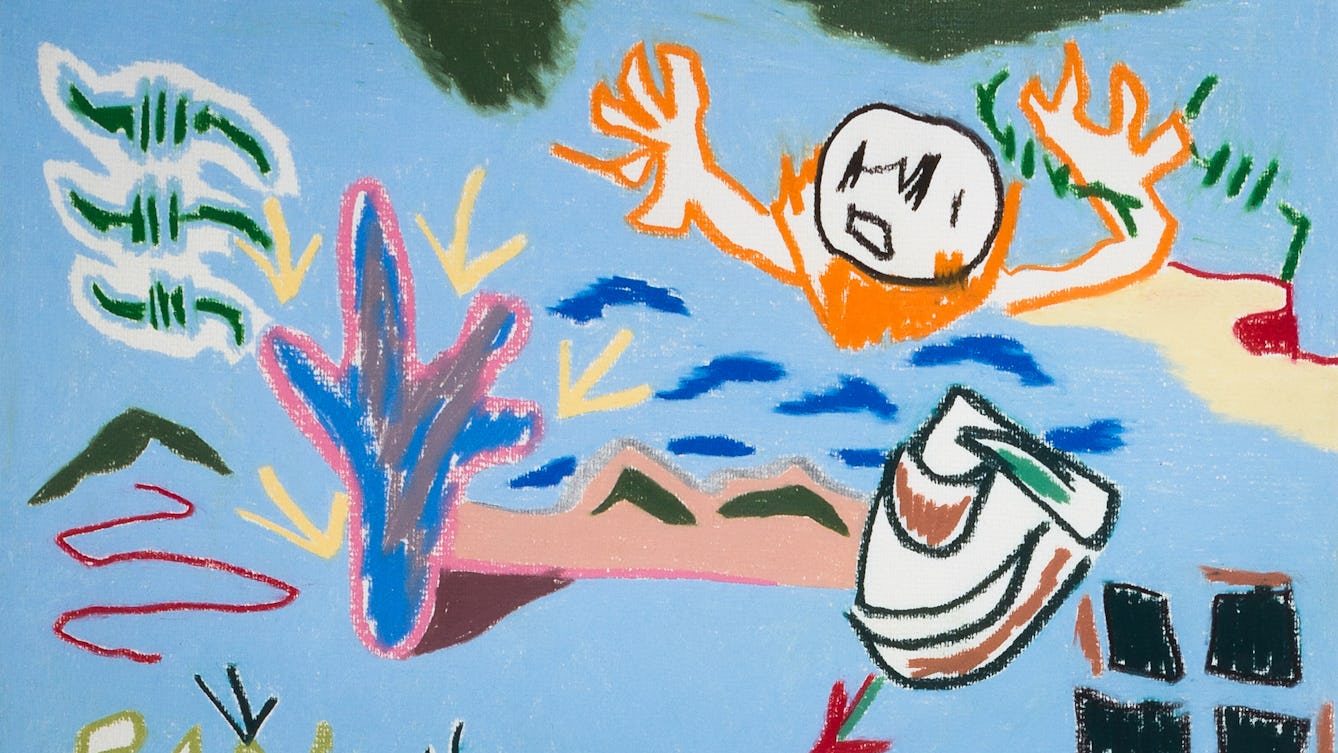
- Article
- Article
The indelible harm caused by conversion therapy
With first-hand evidence from two powerful testimonies, neurologist Jules Montague explores the destructive history of conversion therapy, a punitive treatment designed to ‘cure’ people of homosexuality.

- Article
- Article
The ‘undesirable epileptic’
Abused in her marriage for being 'a sick woman', Aparna Nair looked to history to make sense of the response to her epilepsy. She discovered how centuries of fear and discrimination were often endorsed by science and legislation.
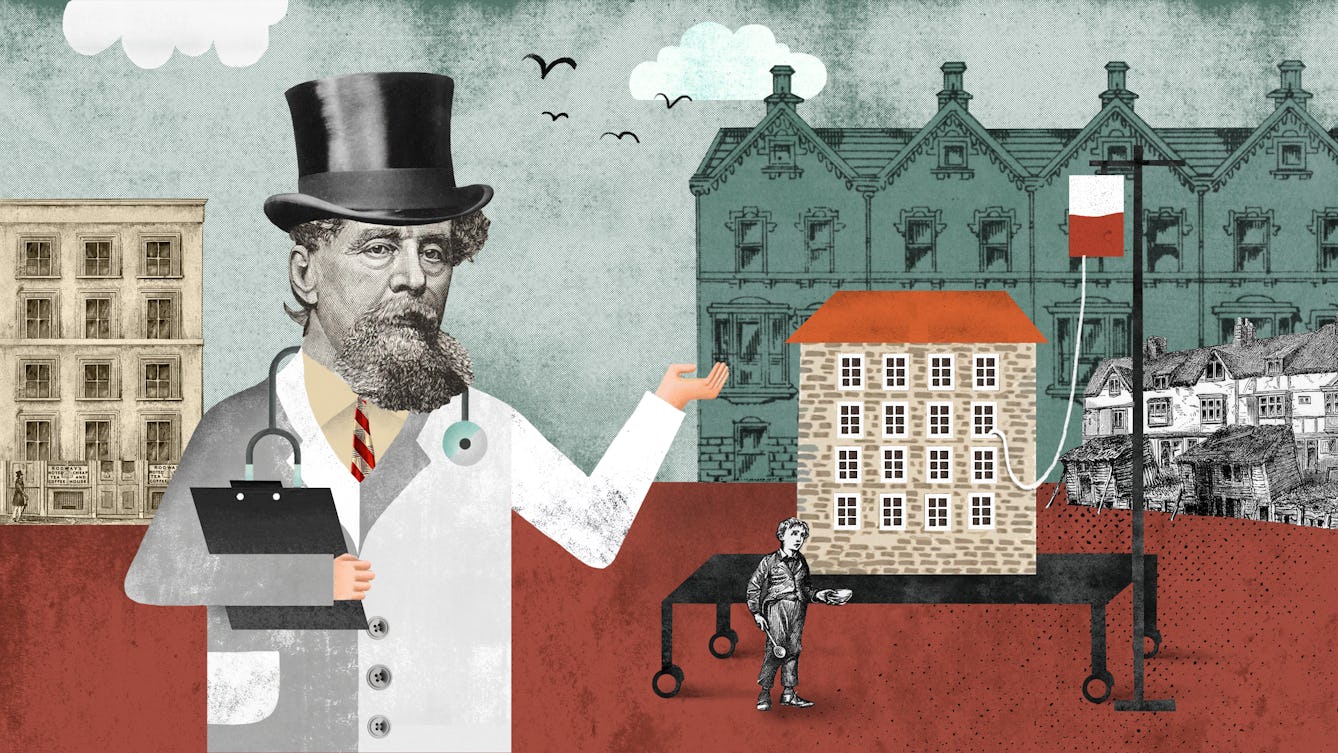
- Article
- Article
How slums make people sick
A newly gentrified corner of Bermondsey leaves little clue to its less salubrious history. But a few intrepid writers recorded the details of existence in one of London’s most squalid slums.

- Article
- Article
The pain that punished feminists
In a society that viewed getting the vote, and pursuing an education and career, as unnatural goals for women, the pain of endometriosis was viewed as nature’s retribution.
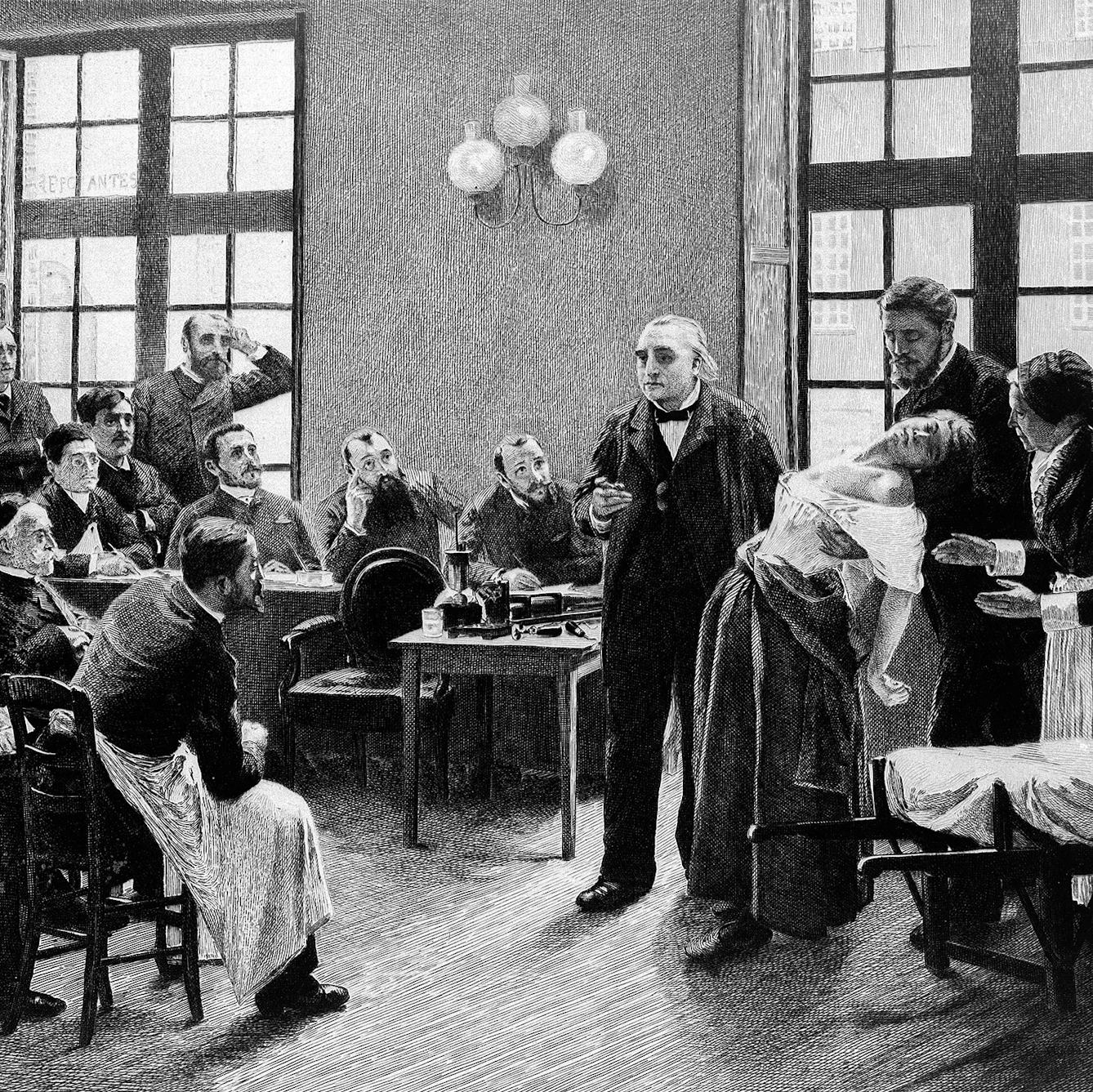
- Article
- Article
What is hysteria?
Hysteria has long been associated with fanciful myths, but its history reveals how it has been used to control women’s behaviour and bodies

- Article
- Article
The case of the cancerous stomach
Steak and schnitzel were on the menu again after Theodor Billroth successfully excised a woman’s stomach cancer in 1881. Remarkably, today’s surgeons still perform the same procedure, with slight modifications.

- Article
- Article
How tuberculosis became a test case for eugenic theory
A 19th-century collaboration that failed to prove how facial features could indicate the diseases people were most likely to suffer from became a significant stepping stone in the new ‘science’ of eugenics.

- Article
- Article
When depression is worse than physical illness
Chronic physical illnesses can be accompanied by troubling depressive symptoms. Elly Aylwin-Foster urges doctors to treat every aspect of her condition with the same care.

- Article
- Article
The healing power of breathing
The healing powers of different breathing methods are said to help with a range of health challenges, from asthma to PTSD. Effie Webb traces their spiritual origins and explores the modern proliferation of breathwork therapies.

- Article
- Article
Are doctors medical detectives?
Do doctors really identify medical conditions in the same way that detectives solve crimes? Neurologist Jules Montague makes her diagnosis.
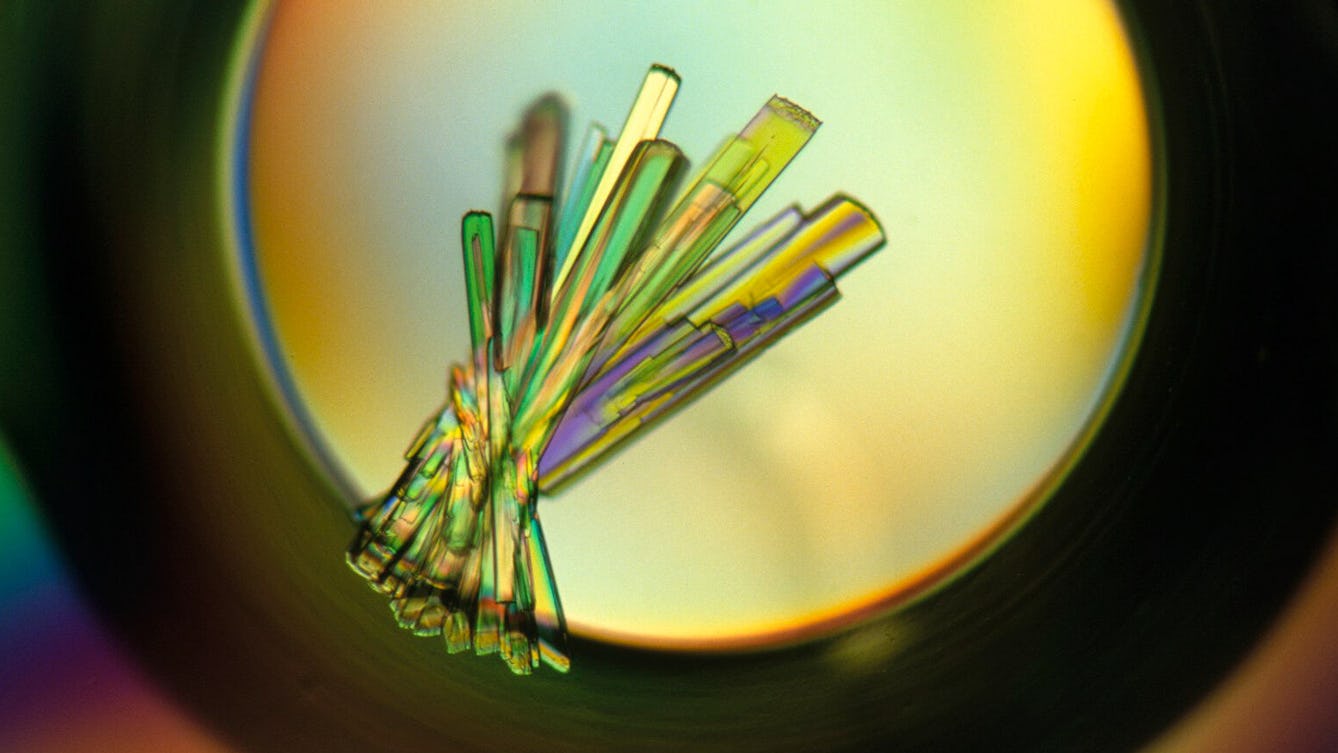
- Article
- Article
Why gene editing can never eliminate disability
In a world where DNA testing and gene editing offer ways to eliminate certain disabilities, Jaipreet Virdi explores a more accepting and inclusive approach.